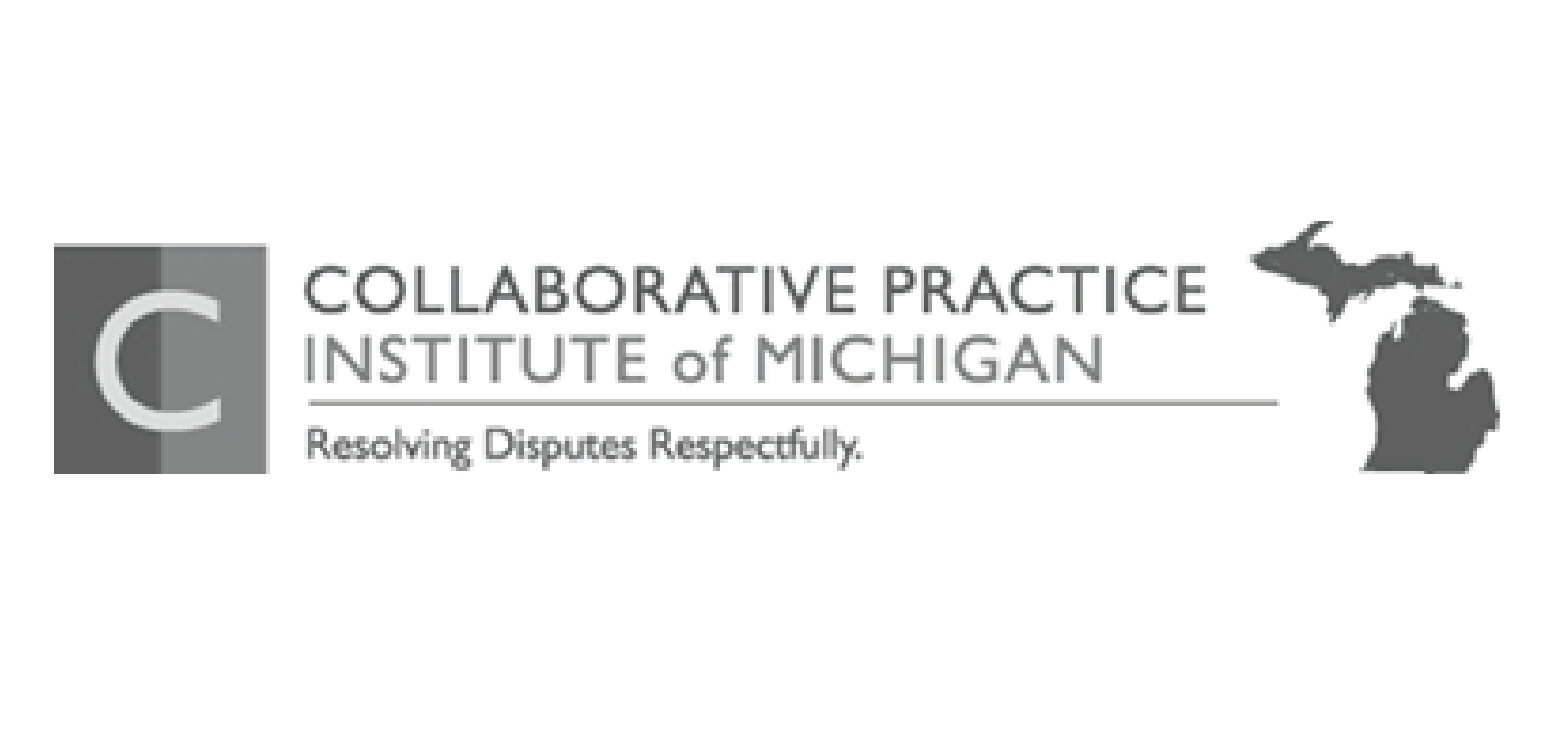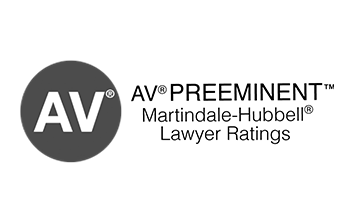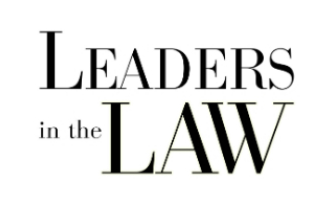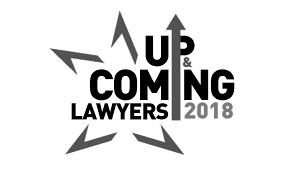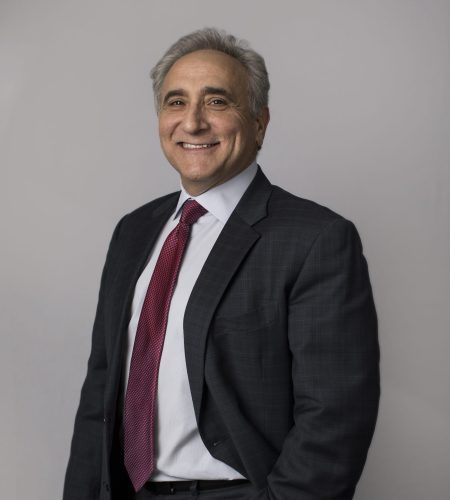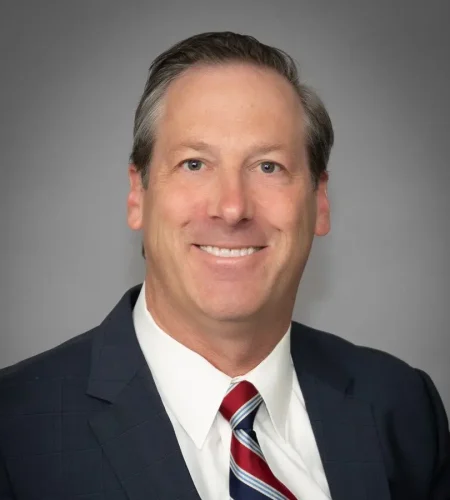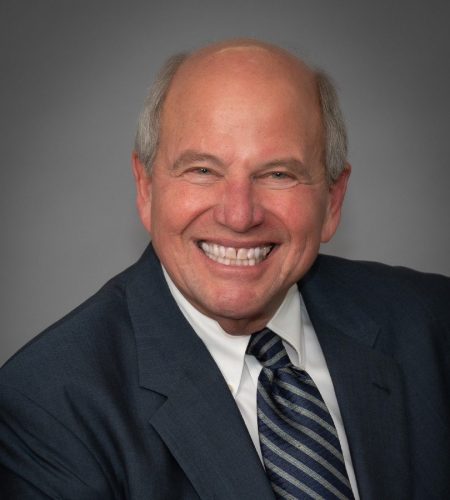Probate Administration
Probate Law Firm in Detroit & Bloomfield Hills
The death of a loved one can be overwhelming and we know that making final arrangements can be heart wrenching during your time of grief. However, there are important details involving the estate of the decedent, which must be attended in a timely manner, such as filing appropriate forms with the court.
But before you pay any bills or distribute any property, it’s important to retain an experienced Detroit & Bloomfield Hills probate attorney. Hertz Schram is here to help you in all aspects of estate administration. We are dedicated to providing the highest quality legal representation and excellent customer service.
Email or call us at (248) 494-4486 to schedule a consultation with a dedicated probate attorney.
What is Probate?
Probate is the legal distribution of all property titled in the decedent’s name alone. During the administration of an estate, probate assets must be inventoried, preserved, and allocated among all beneficiaries and creditors in accordance with Detroit & Bloomfield Hills statutes and the decedent’s will.
It takes a skilled probate lawyer to advise executors in the administration of an estate, assist trustees, and resolve disputes. We help families navigate the legal intricacies of probate law. From proving that a will is valid, to the appointment of an executor or administrator, our probate attorneys can assist in the most complex and substantial estates.
We provide a vast array of probate services, including:
- Identifying, obtaining possession, and taking control of estate assets
- Investigation, evaluation and handling of creditor claims
- Advice regarding proper distribution of assets
- Determining and locating heirs and beneficiaries
- Distribution of probate and non-probate assets
- Tax planning
- Representation in estate litigation
- Estate Planning
- Guardianship
We know you have questions; trust Hertz Schram to provide the answers you need.
We provide a vast array of probate services, including:
- Identifying, obtaining possession, and taking control of estate assets
- Investigation, evaluation and handling of creditor claims
- Advice regarding proper distribution of assets
- Determining and locating heirs and beneficiaries
- Distribution of probate and non-probate assets
- Tax planning
- Representation in estate litigation
- Estate Planning
- Guardianship
We know you have questions; trust Hertz Schram to provide the answers you need.
Estate Administration and Probate Law in Michigan
When a person dies and leaves behind property, the court process for the distribution of this property is called probate. Estate administration following someone’s death involves:
- Paying final expenses and debt
- The distribution of the remaining assets
- Collecting estate assets
A lawyer can aid in each aspect of estate administration.
Which assets are owned by the person who has died?
These are the types of assets in which the person who has died has possibly had an interest:
- Individually owned assets
- Jointly held assets
- Assets retained in trust
- Business interests
- Open contracts
- Retirement accounts
- Life insurance proceeds
Non- Probate Assets:
If the person who has died delegated a beneficiary to inherit an asset after their death, this is a non- probate asset which may not need court filings or any kind of estate administration. These assets directly pay to the allotted beneficiary and are not transferred under the will. They include:
- 401k plans
- IRAs
- Annuities
- Life insurance policies
Bank accounts held jointly with survivorship rights don’t need estate administration (so long as there is a living co-owner.) If the person who has died owned a business interest, the documents that govern the business may service the transfer of the interest of the deceased without involving the court. Any assets held in a trust by the deceased will most likely avoid the involvement of probate court.
Why do you need the help of a lawyer?
Utilizing the expertise of a lawyer who is experienced in estate administration and probate will make the whole process cost effective and efficient even if there are no required formal proceedings. A lawyer will ensure that you avoid errors in administration and are not personally held accountable for the debts of the descendant. The legal fees are also compensated from the estate. It is especially important to use a lawyer if the receiver of the assets is unclear or if there is strife between the beneficiaries or heirs.
Personal Legal Services
Awards and Accolades









